As inflation rises, it eats into the purchasing power of money and reduces savings over time. Retirees face challenges as their planned savings, accumulated over decades of work, may no longer reach their full potential. Because inflation constantly fluctuates in response to various other economic conditions, it is essential that retirees, as well as people planning to retire, be aware of how inflation can deplete their savings and how to protect against this erosion. Here are 18 surprising ways your retirement funds might be eaten away by inflation.
Rising Healthcare Costs

Healthcare is a major expense for retirees. When medical costs rise by a percentage above inflation, you can use your retirement funds in a comparatively short time. Prescription drugs, doctor visits, or extended care become more expensive each year. Healthcare costs rise more rapidly than the general cost of living.
Lower Interest Rates on Fixed Income
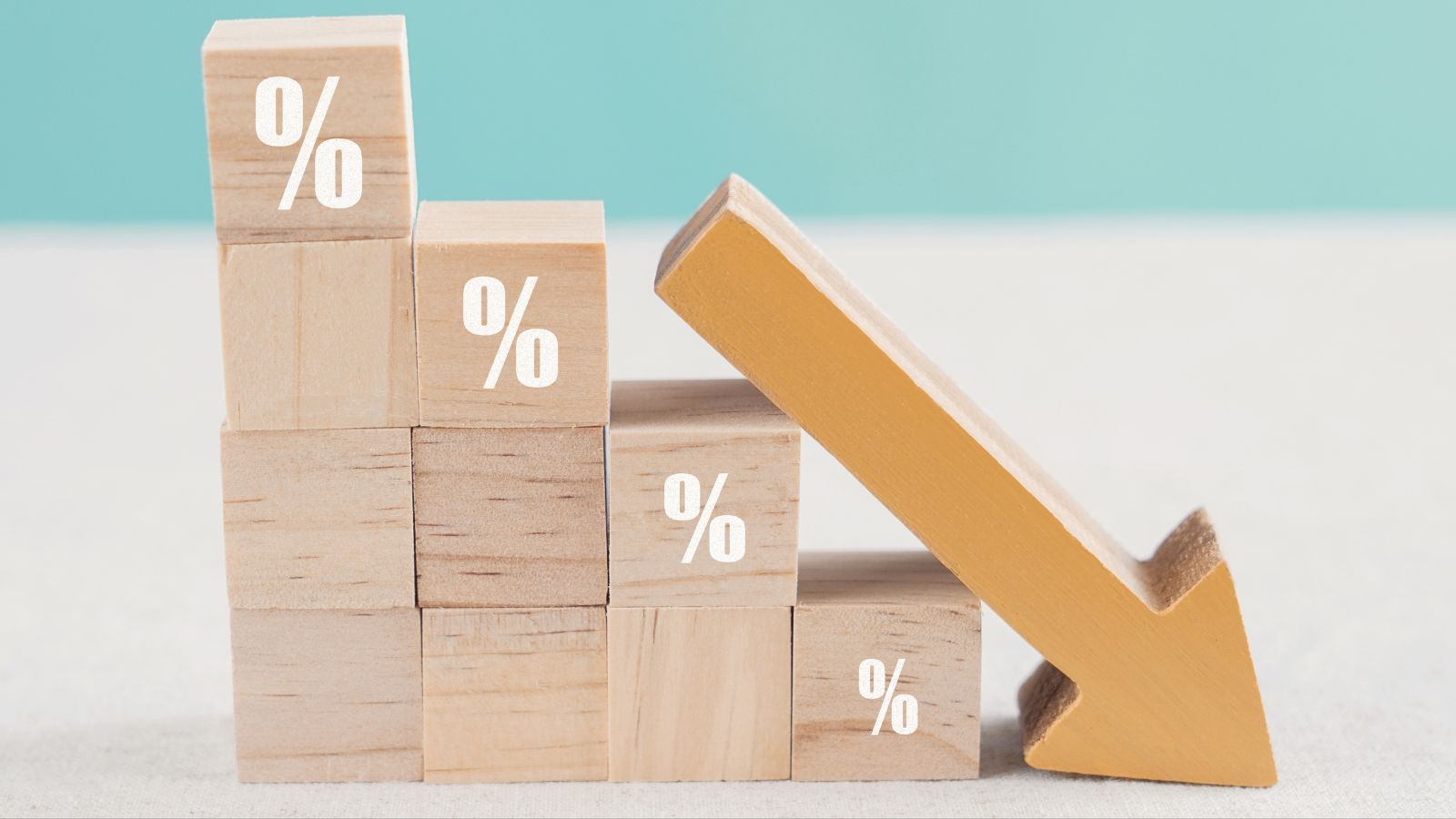
For those living off bonds or fixed-income investments, below-inflation interest rates can worsen the ravages of inflation. In real terms, an interest rate is negative if it’s less than the inflation rate. That means your cash may seem to be working—earnings are accruing, after all—but the purchasing power of those earnings is diminishing.
Increased Cost of Staples

Monetary inflation impacts everyday household items: groceries, gas, or utilities, for instance. Though the same amount of money saved in retirement would go further today, over time, it will not go as far because the same parts of retirement savings—such as food or home goods—increase in cost a little too significantly over the years, making it very difficult for retirees to afford living expenses.
Social Security Isn’t Indexed to Inflation

Social Security does offer COLAs, but it rarely keeps pace with inflation. This devastates retirees, who rely almost exclusively on Social Security for income. When COLAs lag behind inflation, the purchasing power of those benefits is eaten away.
Longer Life Expectancy

While people live longer than ever, which is great, more years would be spent on the retirement fund. Inflation makes your savings decay faster, especially when retirement stretches for 20 or 30 years. Living longer under rising inflation means an increasing gap between your savings and actual expenses every year.
Inflation-Linked Pensions

While some pensions are inflation-indexed, most pensions are not. If your retirement is not inflation-indexed, the purchasing power of those payments will decline as time goes on, so you take home less in real income as prices rise.
Underestimated Long-Term Care Costs
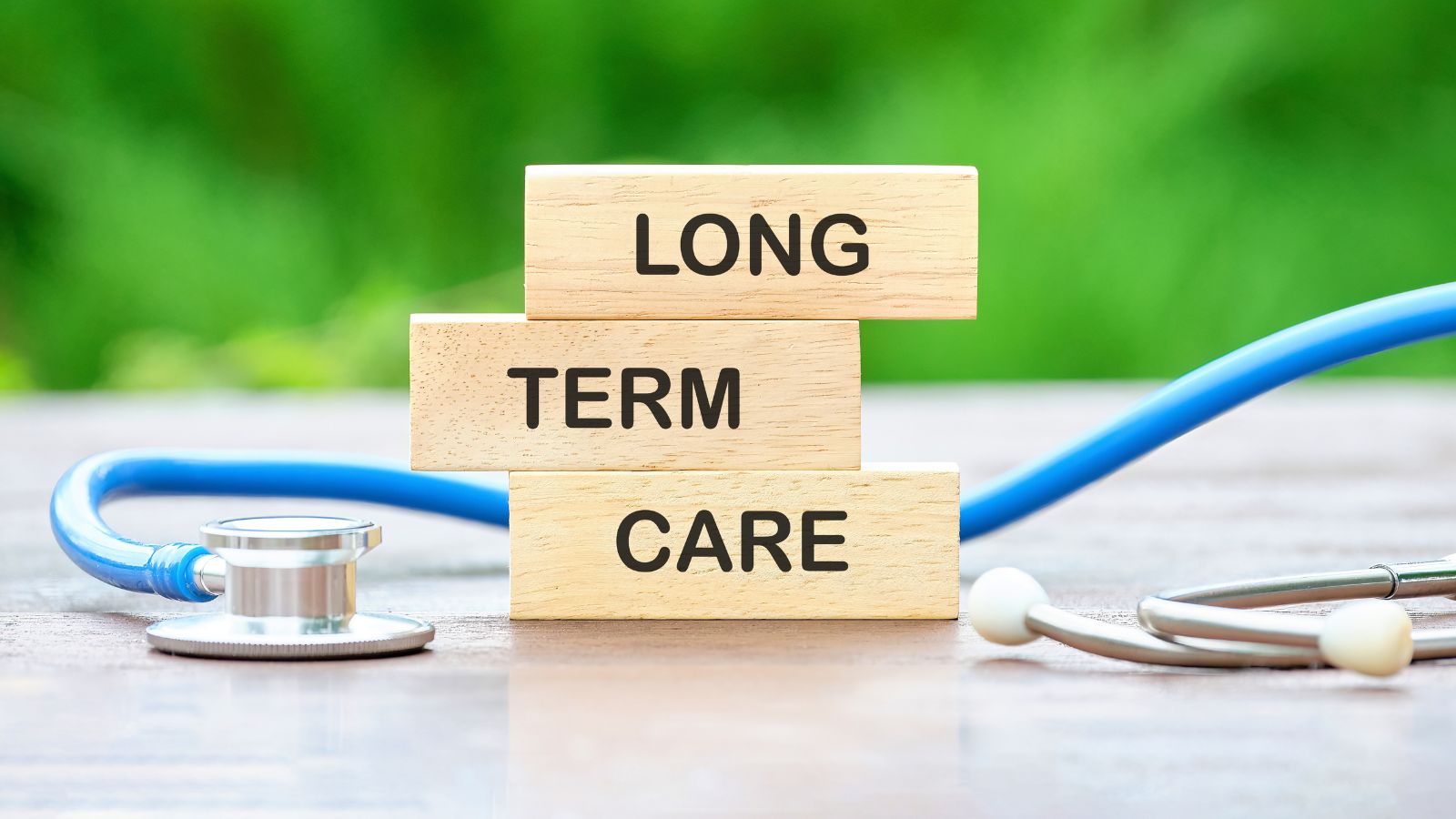
The most grossly underestimated expense when planning for retirement is long-term care. Long-term care is significantly costly in assisted living facilities, in-home care, and nursing homes. Unless planned and saved for, retirement savings may dissipate faster than expected.
A higher property tax

If you have property, you will suffer a second dent in retirement savings as property taxes skyrocket. Many retirees underestimate the increases in property taxes, as those tend to keep pace with inflation at least. Governments often raise taxes locally to balance their budgets, which increases the strain on fixed incomes.
Increased Costs of Recreation and Travel

Retirement is a time to travel, enjoy life, and take leisure vacations. Inflation appears to increase the cost of doing just that. Whether airline tickets, hotel rooms, or dining out, traveling, and entertainment can become more costly, making it challenging to carry out the planned retirement.
Housing Maintenance and Repairs

Owning a house in retirement is a business with continuous maintenance, repairs, and upgrades expenses. Inflation keeps increasing the rates of materials and labor, so they can become costly no matter how minor the repairs may be. All these added expenses will quickly use up the retirement savings.
Inflation of Consumption Goods
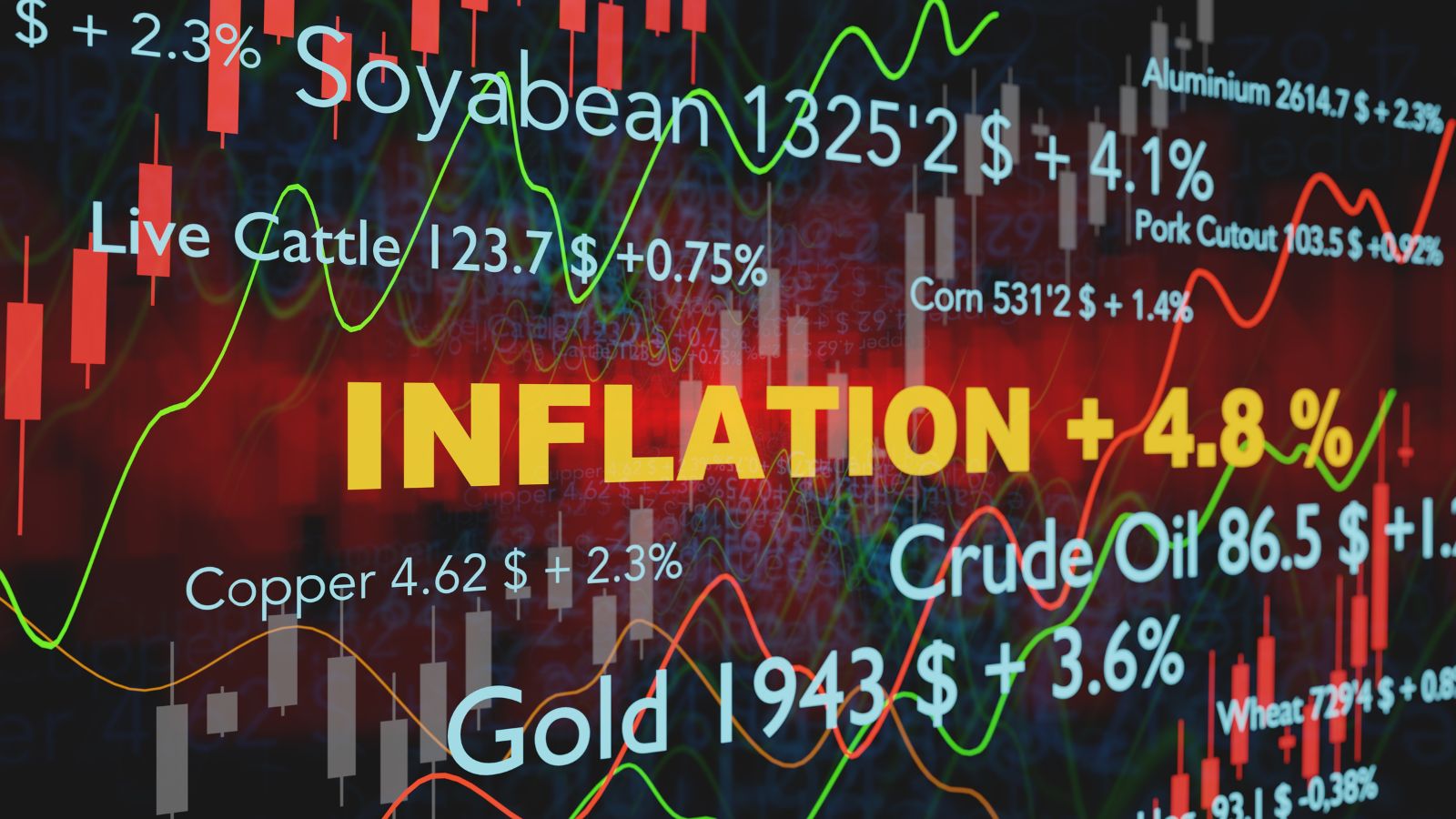
Inflation raises the price of necessary items, and increased consumer goods will also cause prices to rise for the sideline knickknacks that we all like to buy at the electronics store or home appliances store. Thus, it may be more challenging to replace or upgrade household items; therefore, households will face a strain on their retirement coffers.
Fluctuation in Stock Market
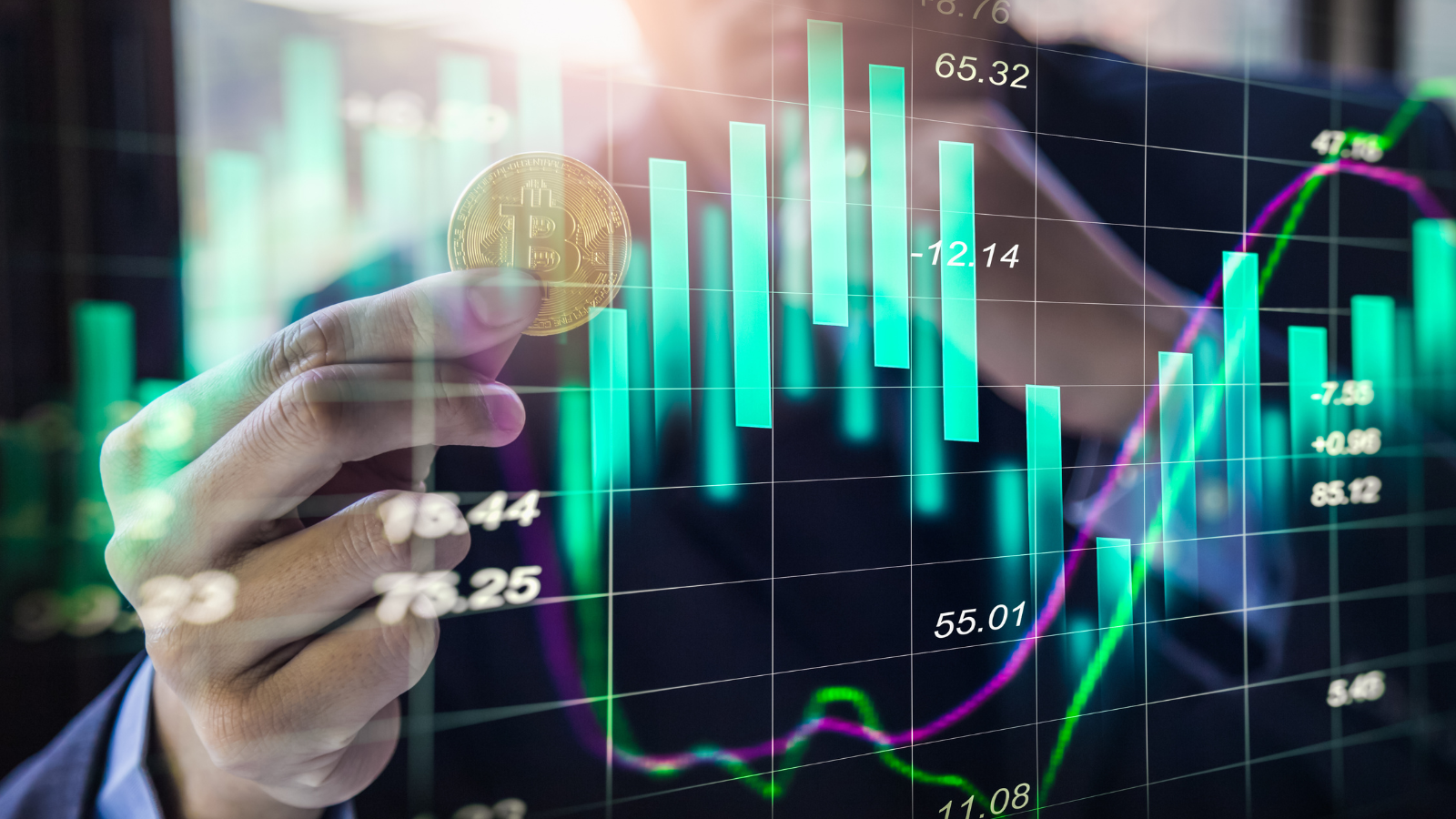
While equities have, historically, been a better long-term inflation-beater than almost any other investment, the short-term volatility in stocks can shrivel away some or all your investments. Inflated periods are usually accompanied by market corrections or instability, which may affect the retirement portfolios.
Less Buying Power of Your Savings in Traditional Accounts

Traditional savings accounts and CDs pay low interest rates and usually do not even attempt to keep pace with inflation. You will see that the money you have set aside in these accounts loses purchasing power over time because inflation tends to outrun any returns you earn from traditional savings and CDs.
Escalating Insurance Premiums
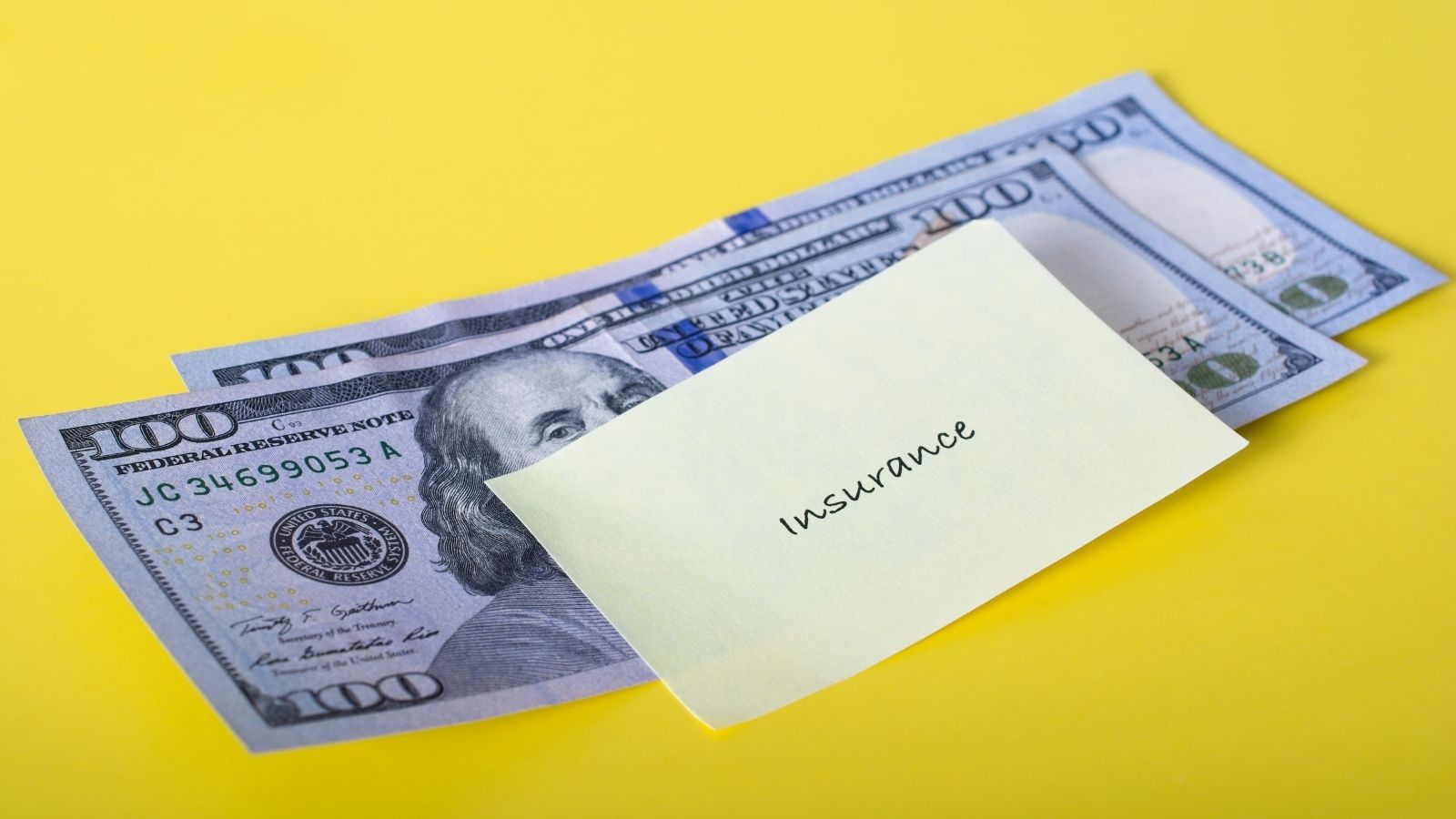
Inflation also affects the cost of insurance premiums, whether it is health, home, or auto. As services cost more, so do the premiums you are charged to maintain coverage, requiring higher withdrawals from your retirement savings to keep the coverage.
Increased Cost of Education and Support for Family

Some retirees decide to support their children or grandchildren financially, either for educational expenses or other reasons. Inflation in education and everyday costs can make retaining family members more expensive and spending retirement savings faster than anticipated.
Inflation on Taxes
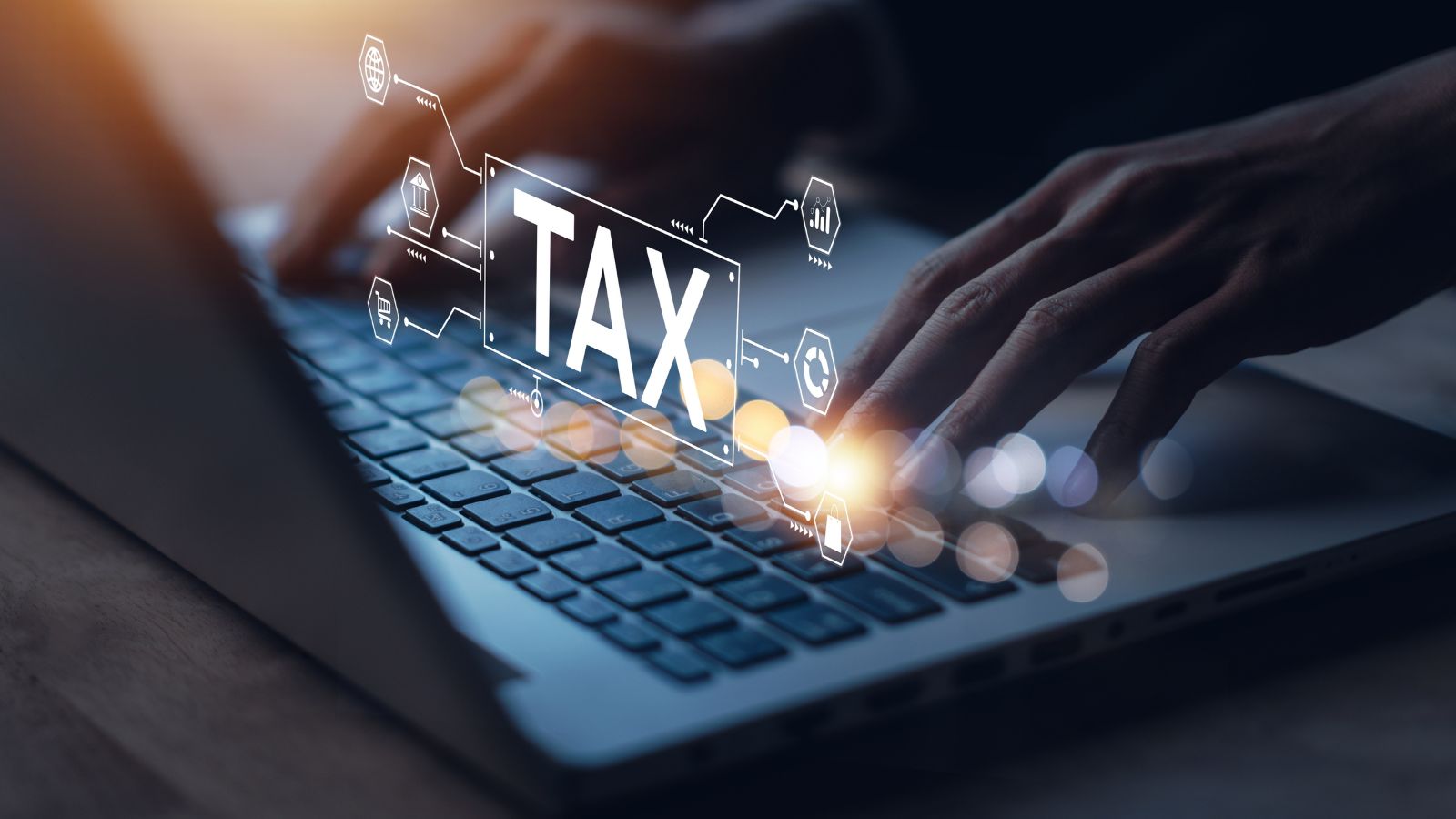
Even if you don’t work full-time in retirement, you’ll still pay taxes. Ironically, inflation may cause tax rates to rise. If governments raise taxes to keep up with inflationary expenses, retirees will face a more significant tax burden than anticipated.
Unexpected Medical Expenses

Another area in which general healthcare inflation can significantly impact is retirement savings, in addition to medical emergencies that are not planned. As healthcare costs inflate, the unanticipated illness or surgery creates pressure on your pocket, especially because your savings were not adjusted for inflation in most cases.
Inflation of the Cost of Amusement
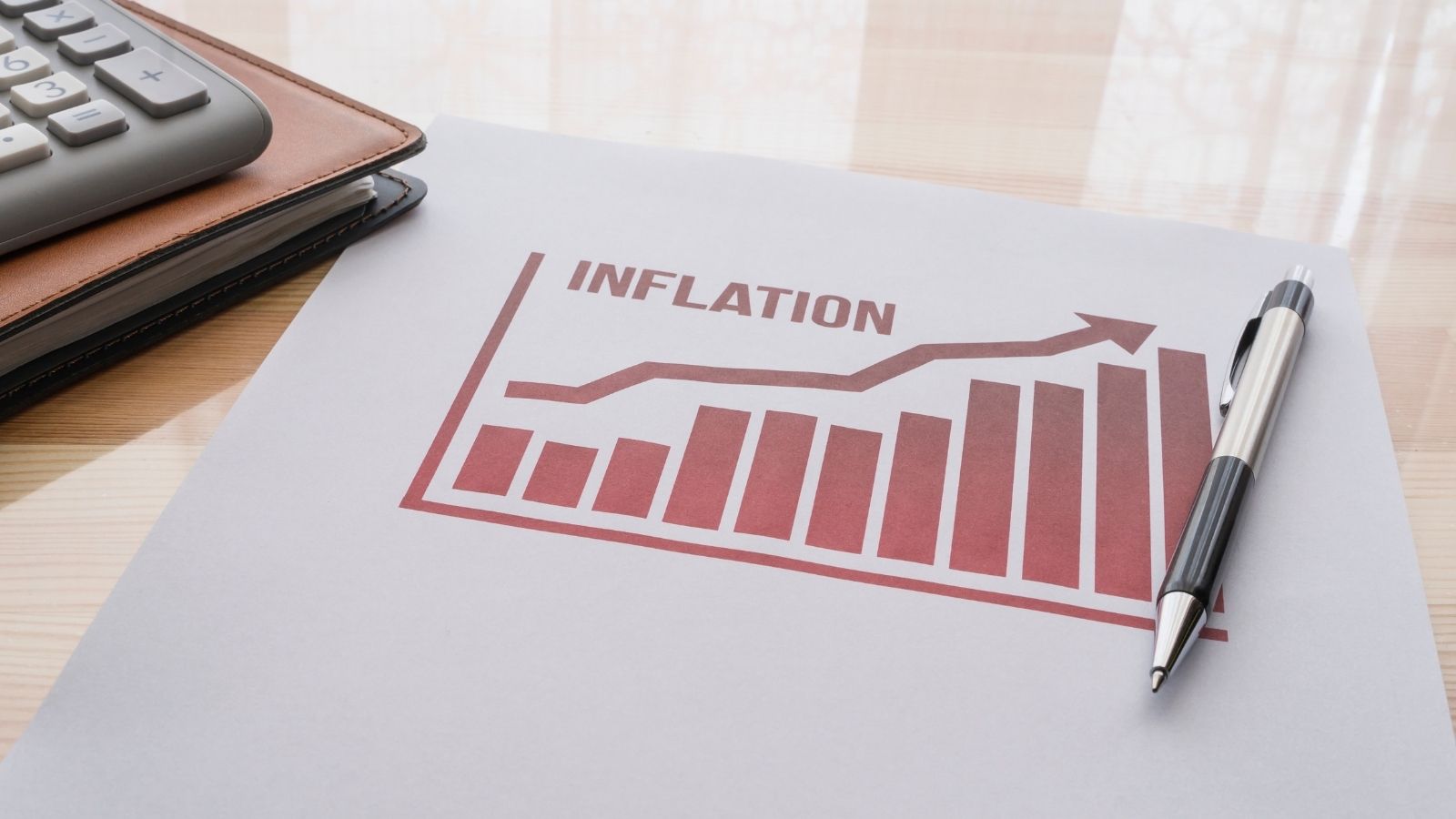
Inflation has raised the cost of entertainment, such as movies, sporting events, and hobbies. As time passes, more money will be spent on entertainment activities, and less is left for leisure activities that once provided value for the same amount.
Conclusion

Inflation is one of those factors that erodes retirement savings dramatically over time. It means rising healthcare costs, unexpected medical bills, or increases in the price of goods and services. It can give you a high burden later in life, but knowing the influence inflation brings to your retirement funds puts you in a more capable position in planning. Protect yourself through investment diversification, inflation-protected securities, and routine review of your financial plan. Ultimately, vigilance and adjustments will be crucial in keeping retirement savings’ purchasing power moving forward under inflation.
18 Reasons Why People Are Leaving Florida in Masses

Exploring factors that impact the desirability of living in Florida, this list delves into various challenges shaping residents’ experiences. From environmental concerns like rising sea levels to economic factors such as fluctuating job markets, these issues collectively contribute to a nuanced understanding of the state’s appeal.
18 Reasons Why People Are Leaving Florida in Masses
